area members
- Ingrid Lizeth Zarabanda González
- Andrea Beltrán Páez
- Viviana Marín La Rota
- Leidy Viviana Pantano Mogollón
- Milady Astrid Guerrero Velasco
- Adriana Lizeth Vega Carrillo
area description
Mathematics in the Lhemi promotes the development of students’ capabilities to contribute to their integral formation, educating in values and recognizing the individual differences of our students. In an interdisciplinary way, the subject implements the “Mathematics for life” method of teaching mathematics that is aimed to develop in the students the necessary skills to mathematize the reality in which they live, to criticize and to analyze the presented situations and to find proper solutions with a good capacity for logical, abstract and quantitative reasoning; All this was developed through the five types of mathematical thinking (numerical, spatial, metric, variational and random) from meaningful learning situations, mediated by context to promote security and confidence in mathematics. Finally, the area of mathematics is part of the policy of bilingualism through specific subjects such as problem solving and geometry in which the language learning and the work of contents contribute to the development of scaffolded thinking skills in our students.
Subject projects:
One minute to think:
Its objective is to foster in the students of the Lhemi certain skills and strategies related to mental calculation, problem solving and mathematical logical thinking. Our students present a test once peer cycle, and they are expected to correctly perform the largest number of operations in a minute; the four best results are chosen to participate in the Great Final of One Minute to think.
Mathematic Olympic games:
Its objective is to develop in the students the capacities for the logical reasoning, through the mastery of the numerical, metric, logical, analytical systems, of sets, of relations, and operations, that allow the interpretation and solution of the set problems. It’s made up of three axes: • Human: To compete with other classmates in a fraternal way; learn to win and lose; perform the activities with the greatest concern; learn to compete.• Academic: To be able of reasoning, investigating, conjecturing, verifying and demonstrating the solution found.• Critical-communicative: To be able to develop his/her capacity of comprehension, analysis and solution of problems.
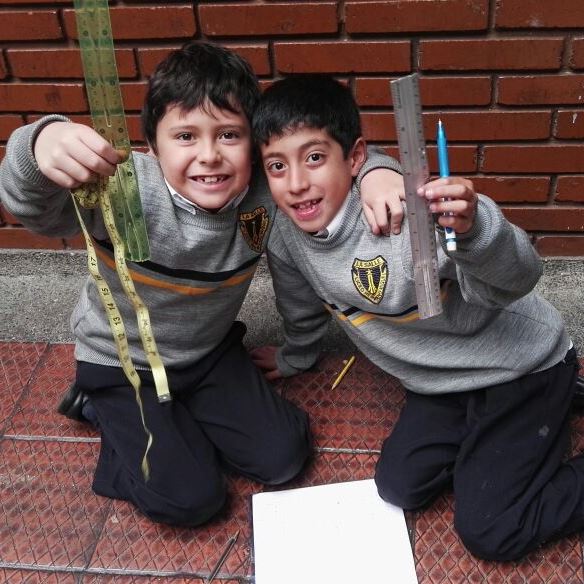
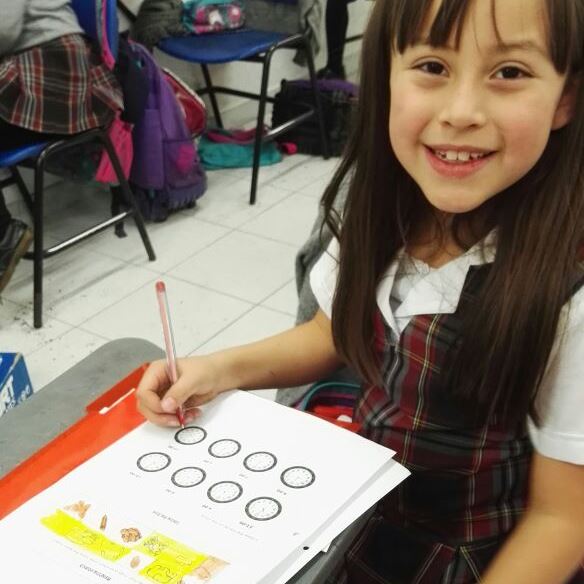
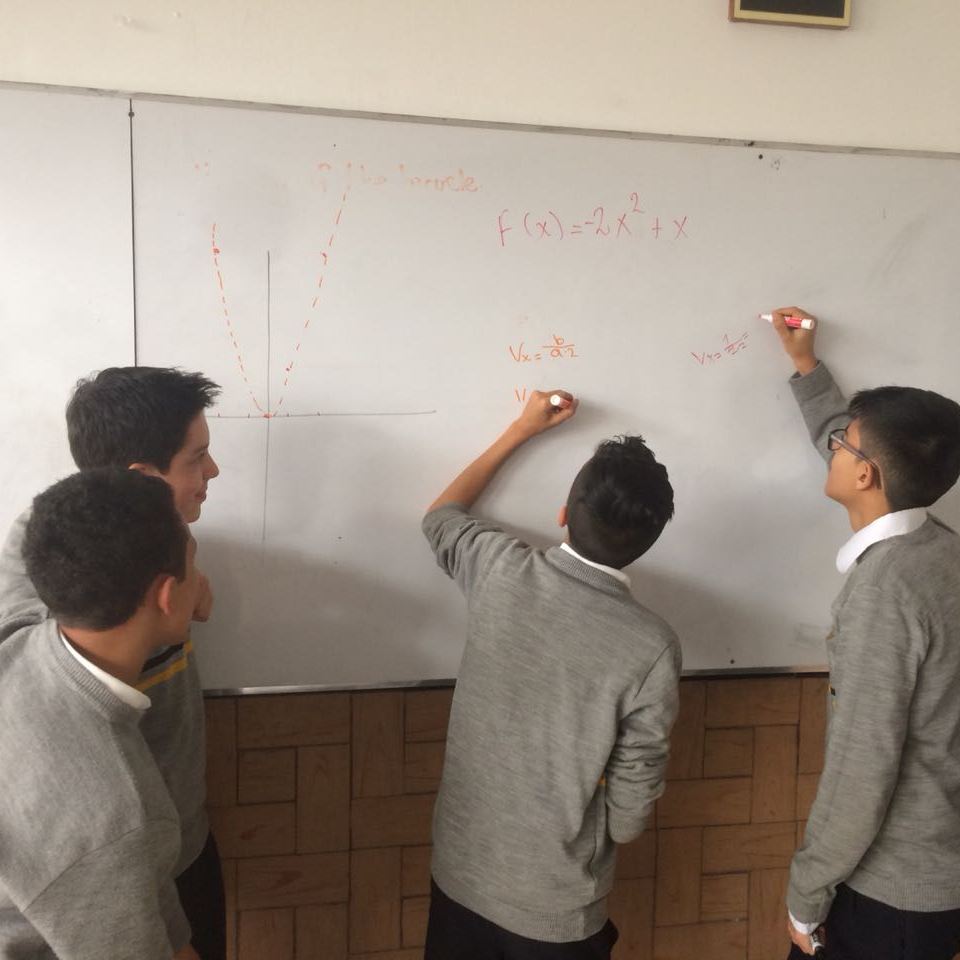
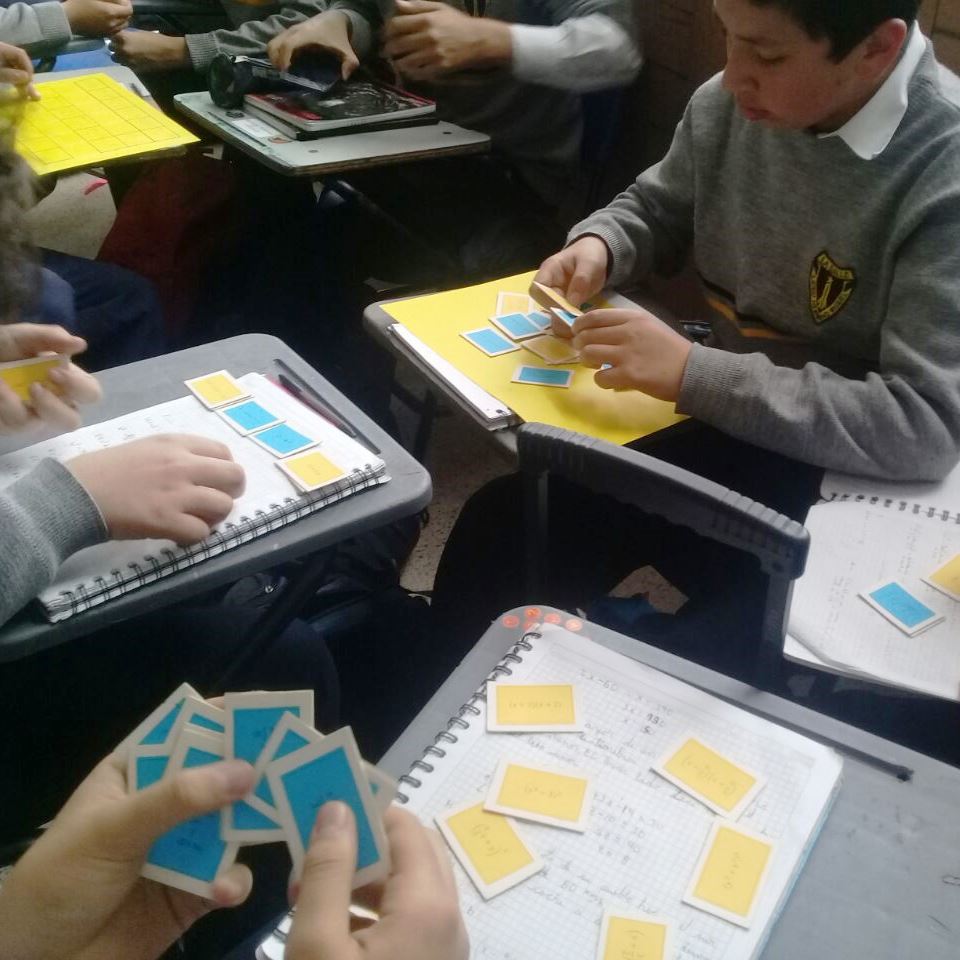
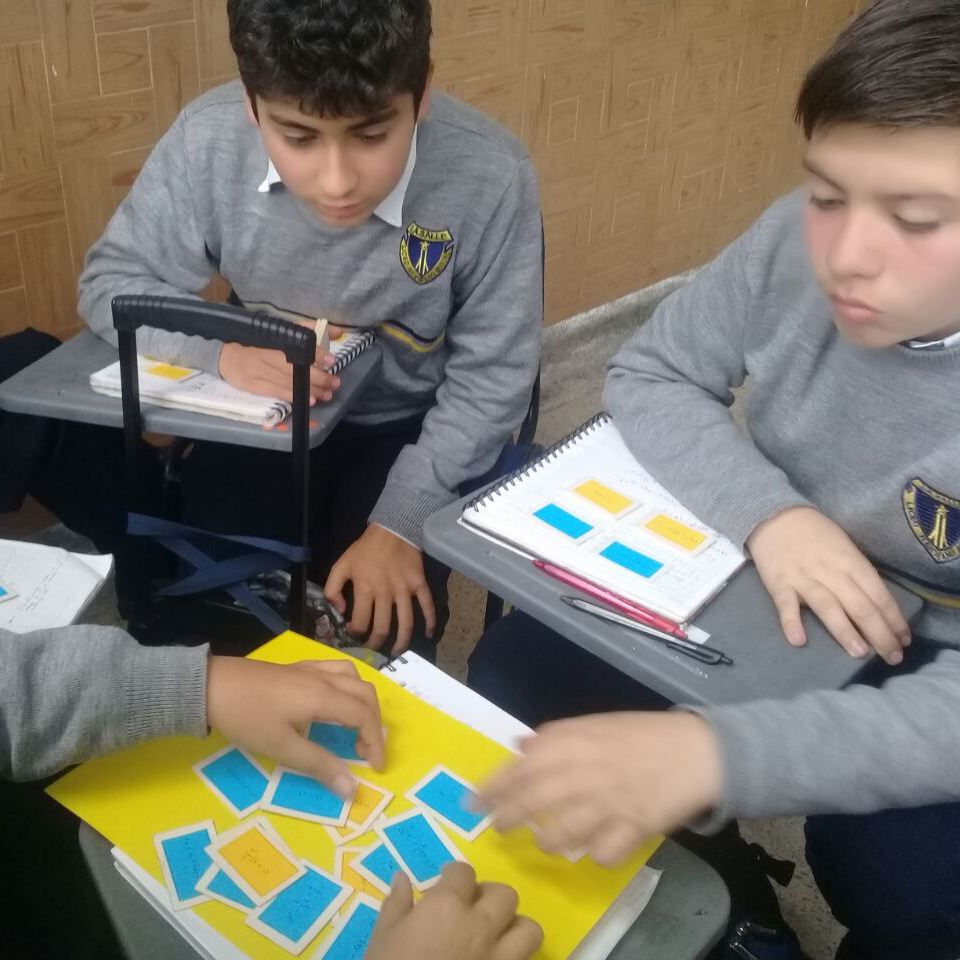
 Gnosoft
Gnosoft Pagos en línea
Pagos en línea RESTAURANTE
RESTAURANTE Contacto
Contacto